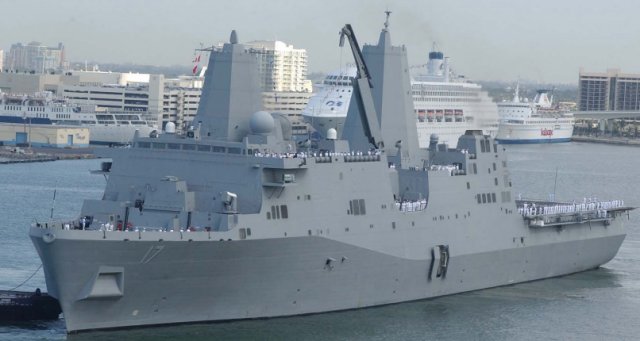Lots of people are scrupulous about selecting coffee that boasts that it’s “Fair Trade”, implying that other coffee is less ethical and more damaging to third world economies. This may be a dangerous misconception:
Saturday, on World Fair Trade Day, we have something else to feel guilty about. That fair-trade cup of coffee we savour may not only fail to ease the lot of poor farmers, it may actually help to impoverish them, according to a study out recently from Germany’s University of Hohenheim.
The study, which followed hundreds of Nicaraguan coffee farmers over a decade, concluded that farmers producing for the fair-trade market “are more often found below the absolute poverty line than conventional producers.
“Over a period of 10 years, our analysis shows that organic and organic-fair trade farmers have become poorer relative to conventional producers.”
How could an organization devoted to producing better results for poor coffee producers make their situation worse?
For starters, it discriminates against the very poorest of the world’s coffee farmers, most of whom are African, by requiring them to pay high certification fees. These fees — one of the factors that the German study cites as contributing to the farmers’ impoverishment — are especially perverse, given that the majority of Third World farmers are not only too poor to pay the certification fees, they’re also too poor to pay for the fertilizers and the pesticides that would disqualify coffee as certified organic.
Even worse, there’s also imposition of conditions on the farmers which violates local customs:
Most merchants of certified coffees are aware of these contradictions, but most won’t be aware of other problems in the certification business. For Third World farmers to qualify as fair-trade producers, and thus obtain higher prices for their coffee, farmers must join co-operatives. In some Third World societies, farmers readily accept the compromises of communal enterprise. In others, they balk. In patriarchal African societies, for example, the small coffee farm is the family business, its management a source of pride to the male head of the household. Joining a co-operative, and being told when and what and how to plant entails loss of dignity.
The cultural imperialist isn’t dead — he’s merely changed organizations.




